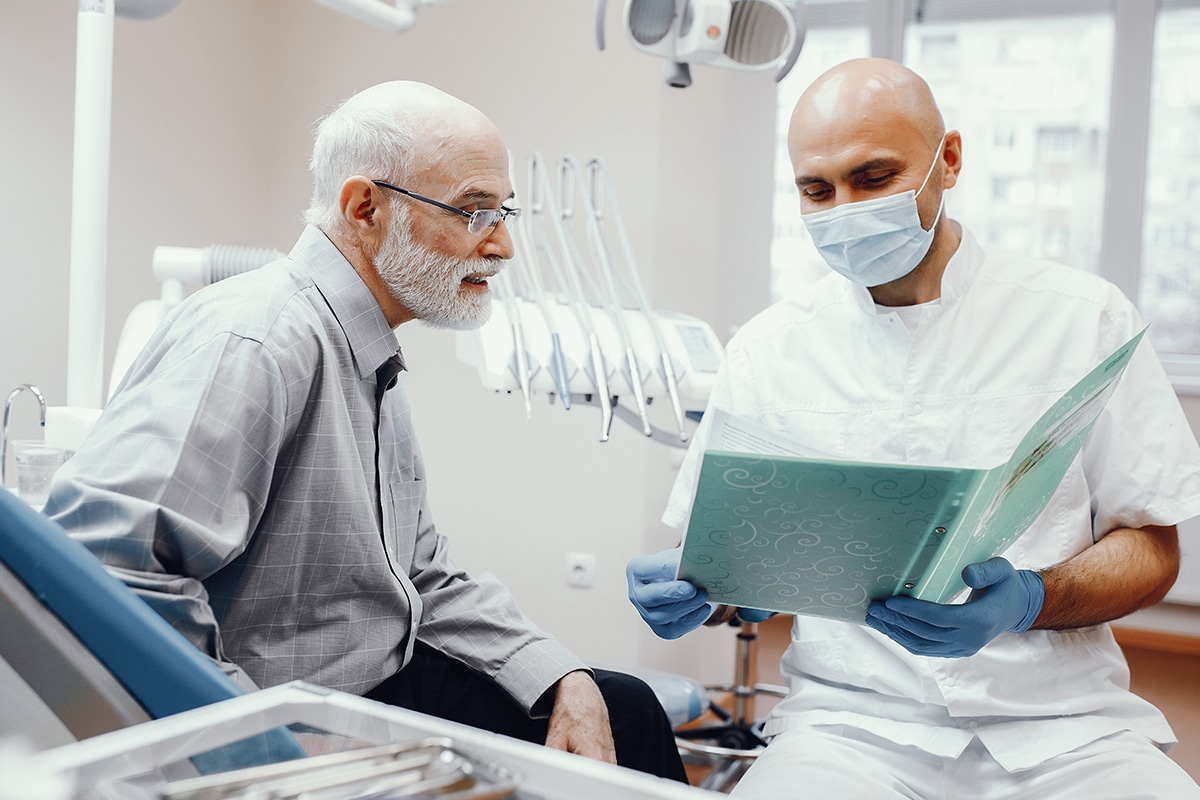In today’s digital age, where data breaches and privacy concerns are rampant, safeguarding patient information has become a crucial obligation for healthcare providers, including dental practices. This topic is so essential that governments are creating laws to ensure all citizens have their data protected, such as the Health Insurance Portability and Accountability Act (HIPAA). In this blog post, we will explore the meaning of this federal law, helping you take proactive measures to ensure the security of your patient’s data while avoiding potential penalties and reputational damage.
Understanding the Significance of HIPAA Compliance:
Enacted in 1996, HIPAA was designed to address the growing concerns about patient privacy and sensitive medical information security. Its Privacy Rule establishes national standards for the protection of individually identifiable health information, while the Security Rule sets standards for the electronic storage, access, and transmission of this data.
For dental practices, HIPAA compliance is not just a legal obligation but also a means to cultivate patient trust and maintain the integrity of their practice. The consequences of non-compliance can be severe, including substantial fines, legal liabilities, and damage to the practice’s reputation.
Does HIPAA Apply to Dentists?
In most instances, the answer is yes. However, certain dentists might not qualify as HIPAA-covered healthcare providers, particularly if they do not engage in electronic transactions associated with standards outlined by the Department of Health and Human Services (HHS). These standards include processes like eligibility checks, authorizations, and claims information.
Adding to the complexity, certain voice communications over traditional landline phones and paper communications via non-digital fax are not considered electronic transactions. Consequently, dentists primarily using these forms of communication might not fall under the realm of HIPAA-covered healthcare providers.
Navigating Exceptions and Special Cases:
Exceptions exist within the realm of HIPAA rules for dentists. Suppose a dentist collaborates with a third-party administrator or Dental Support Organization to perform tasks that involve eligibility checks, authorizations, and claims information. In that case, they might still be considered a HIPAA dentist, even if they do not meet all the criteria.
Other exceptions apply when a non-covered dentist offers services on behalf of a covered dentist or when a solo practitioner divides their time between working in a school (exempt from HIPAA) and a qualifying practice. In these cases, the dentist might be categorized as a Business Associate or a hybrid entity, respectively.
The Core HIPAA Rules for Dentists:
When HIPAA applies to dentists, it necessitates compliance with the Privacy Rule, Security Rule, and Breach Notification Rule in case of data breaches.
- Privacy Rule: Dentists must establish safeguards to protect patient privacy, apply conditions to using and disclosing Protected Health Information (PHI), and provide patients with a Notice of Privacy Practices detailing their rights.
- Security Rule: This rule encompasses technical, physical, and administrative safeguards for securing patient information, both electronically and otherwise.
- Breach Notification Rule: In the event of a data breach involving unsecured PHI, dentists are required to notify affected individuals, the Department of Health’s Office for Civil Rights, and possibly local media.
Now that you’re aware of the details of this law, we’ll list some measures you can take to be in compliance with it.
Safeguarding Patient Data in Dental Practices:
Staff Training and Awareness: Ensuring that all staff members are well-informed about HIPAA regulations and the importance of patient data security is essential. Regular training sessions should be conducted to educate employees about the proper handling of patient information, secure communication methods, and the potential risks of data breaches.
Physical Security Measures: Dental practices should implement physical safeguards to prevent unauthorized access to patient records. This includes securing paper records in locked cabinets, limiting access to authorized personnel, and implementing visitor logs to monitor who accesses sensitive areas.
Secure Electronic Storage: Digital patient records should be stored in a specific electronic format, preferably through encrypted databases and cloud storage solutions. Strong passwords, multi-factor authentication, and regular system updates are crucial to prevent unauthorized access.
Data Encryption: Utilizing encryption technology for data at rest and in transit adds an extra layer of protection. This ensures that the data remains unreadable and unusable even if unauthorized access occurs.
Secure Communication: Practices should adopt secure methods of communication when sharing patient information, such as encrypted email services or secure patient portals. This prevents sensitive data from being intercepted during transmission.
Business Associate Agreements: Dental practices often work with third-party providers (e.g., IT companies, billing services). It’s important to have signed business associate agreements (BAAs) with these entities, outlining their responsibilities in safeguarding patient information.
Failing to comply with HIPAA regulations can result in severe penalties, ranging from monetary fines to criminal charges, depending on the severity of the violation. Civil penalties can escalate to thousands or even millions of dollars, depending on the level of negligence and the extent of the breach. Moreover, the reputational damage resulting from a data breach can lead to patient loss and diminished trust within the community.
Remember, HIPAA compliance is not just a legal requirement; it’s a commitment to maintaining patient trust and ensuring the security of their sensitive information. By prioritizing this compliance, dental practices can uphold their ethical responsibilities, avoid potential penalties, and demonstrate their dedication to patient privacy in an increasingly digital world.
If you found this post helpful, don’t forget to check our content here.




